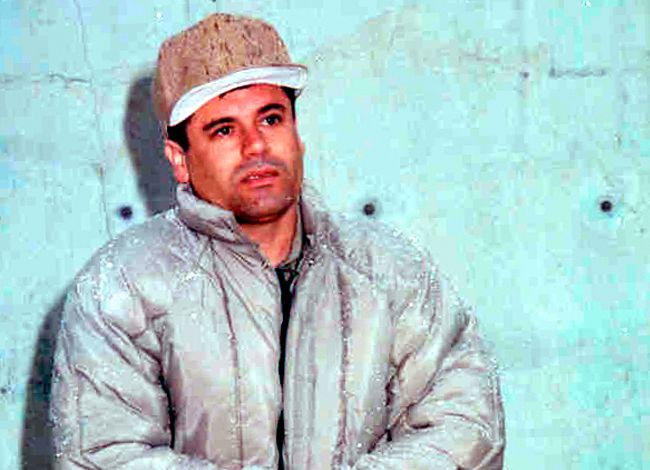
While drug cartels like the Zetas, La Familia, the Knights Templar and Beltrán Leyva syndicate continue to divide -- with violence often sparked off by struggles for power between members of the same groups -- Joaquín 'El Chapo' Guzmán, reputed head of the Sinaloa cartel, has been able to keep subordinates under his thumb. Top officials from the Mexican Department of Justice (PGR) told Milenio that El Chapo has proved himself a “skillful” leader since escaping from prison in 2011. And the Department believes that the Sinaloa cartel may be embroiled in a struggle with the Beltrán Leyvas for control of drug trafficking in the country’s capital.
Mexico City authorities deny that cartels have influence over drug trafficking in their city. But on Thursday, PGR officials revealed that an inquiry into the May kidnapping and murder of the “Tepito 13” -- 13 young people from the down-at-its-heels neighborhood of Tepito -- revealed that the Beltrán Leyva cartel in fact controls much of the illicit sale of drugs in the capital. That same inquiry indicated that most of the people who participated in the murder, occurring in a ranch east of the capital, are from the northwestern state of Durango, where the Sinaloa cartel exerts undisputed dominance over drug trafficking corridors.
In the interview with Milenio, the PGR officials recalled earlier attempts from El Chapo’s subordinates to break ranks, including one from Ignacio Nacho Coronel and Ismael ‘El Mayo’ Zambada, who formed the Jalisco New Generation Cartel. That betrayal was punished in 2010, when Nacho Coronel’s whereabouts were given away to the Mexican military, which killed him in Jalisco state in July 2010 during a subsequent standoff. El Chapo, said the officials, then set about bringing down the New Generation’s leaders, including Martín “El Águila” Beltrán Coronel, Nacho Coronel’s nephew, who was arrested and imprisoned in Jalisco.
© 2025 Latin Times. All rights reserved. Do not reproduce without permission.




